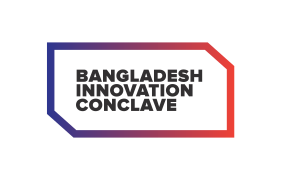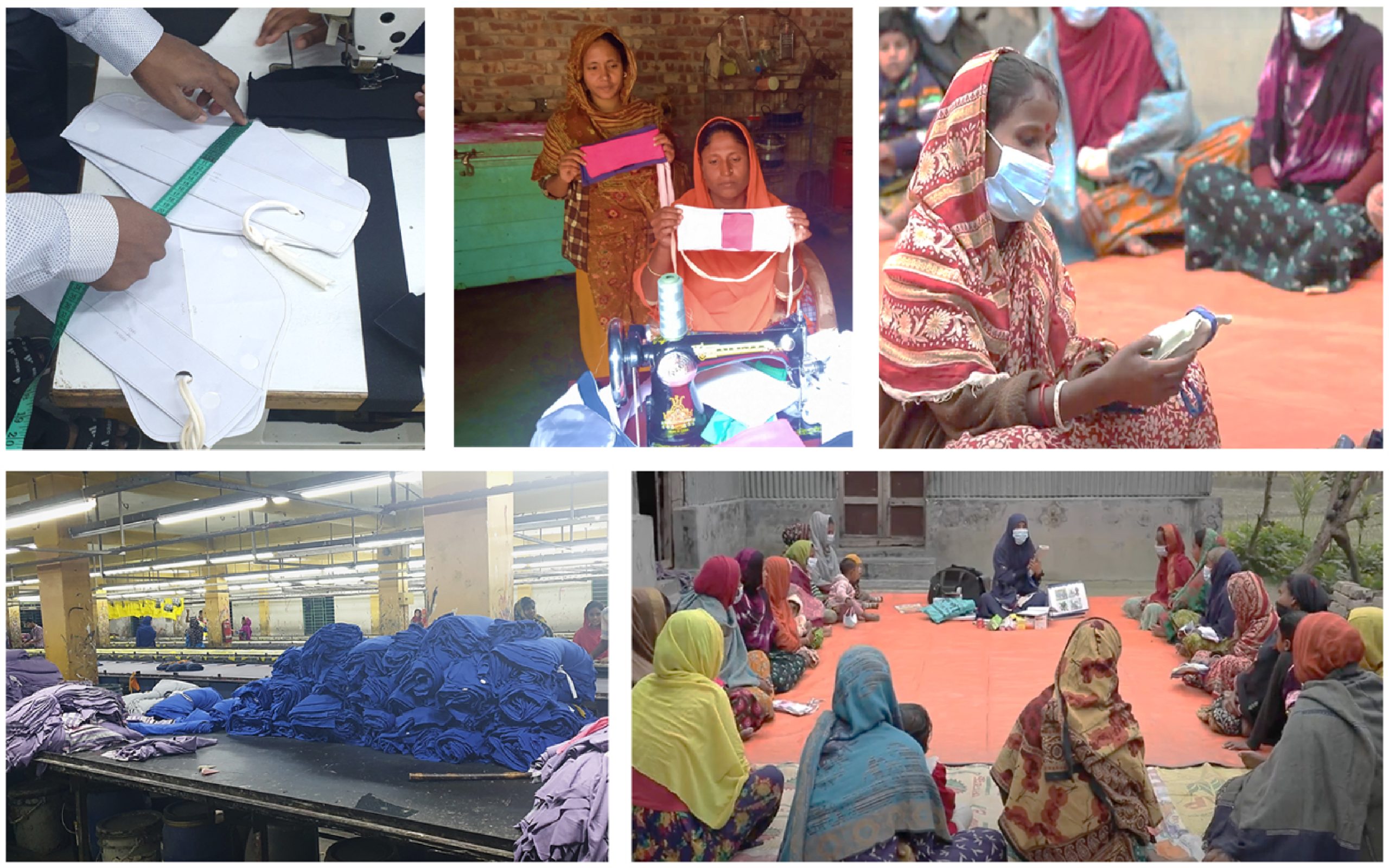Category : Best Social Innovation
HONORABLE MENTION
Innovation Title : Menstrual Hygiene Management through Enterprise and Private Sector Engagement
Organization : Cordaid
Background
Bangladesh is the second-largest exporter of ready-made garments (RMG) in the world. The RMG sector accounts for 80 percent of total export earnings. But more than 25% of the materials in RMG factories are discarded as waste, known as Jhoot. On average, a garments factory produces around 250 -300 kg of waste fabric per day. About half a million tons of Jhoot is produced by the RMG sector every year. On the other hand, according to the National Hygiene Survey, 30% of schoolgirls in the country miss 2.5 days of classes a month due to menstruation.
A large percentage of adolescent girls (50%) and women (64%) rely on unhygienic old used clothes (rag) for managing their menstruation. The unemployment rate among women is very high in the country. Only 36.3% of women participate in the labor force and 7.21% of the businesses are owned by women.
Objectives
The objective of the innovation is to develop a circular economy model engaging the private sector that will reuse garments scraps materials to produce safe, hygienic, and biodegradable menstrual hygiene management products; and create entrepreneurship and employment opportunities for rural women.
The Idea
The idea was to convert the Jhoot (scrap materials) from garments into reusable menstrual hygiene management pads, known as ELLA (Eco-friendly low-cost liquid absorbent) pad, engaging rural women entrepreneurs. The whole process, from production to sales, is managed by women. This has created a new source of income and hope for marginalized women. Cordaid, with its technical partner ELLA pad, and support from the European Union, is piloting this idea in remote char areas of Gaibandha and Kurigram districts.
Execution
■ Cordaid engages disadvantaged rural women to execute the idea on the ground.
■ Selected rural women go through extensive 18 days of training to learn about the production, quality control, and marketing process.
■ After completion of training, they receive the raw materials from garment factories (free of cost or at the subsidized rate) and manage the production in their home-based production centers.
■ Community-based women sales agents are selling these products in the local communities through various platforms.
■ Cordaid has also set up School Pad Banks. Students can collect the pads for free from the pad banks in case of emergency. ■ This process has created a circular economy model for managing RMG waste. The model is turning wastes into reusable items and creating women-led micro-enterprises.
■ It is also supplying low-cost reusable menstrual hygiene management products and reducing the environmental footprints of the RMG sector.
Result and Impact
■ The pads are reducing school dropouts due to hygiene-related issues among adolescent girls.
■ The idea has huge potential to create women entrepreneurs and increase income among rural disadvantaged women with less mobility. At the pilot phase, 12 women entrepreneurs are developed.
■ 874 pads are produced in two months by these rural women micro-entrepreneurs.
■ 72 Community Based Women Sales Agents are engaged in selling these products, creating income opportunities for them and better hygiene for women and adolescents.
■ 3 school pad banks are established to distribute the products.
■ 798 pads are purchased and used by rural women and adolescent girls in less than 2 months time.


